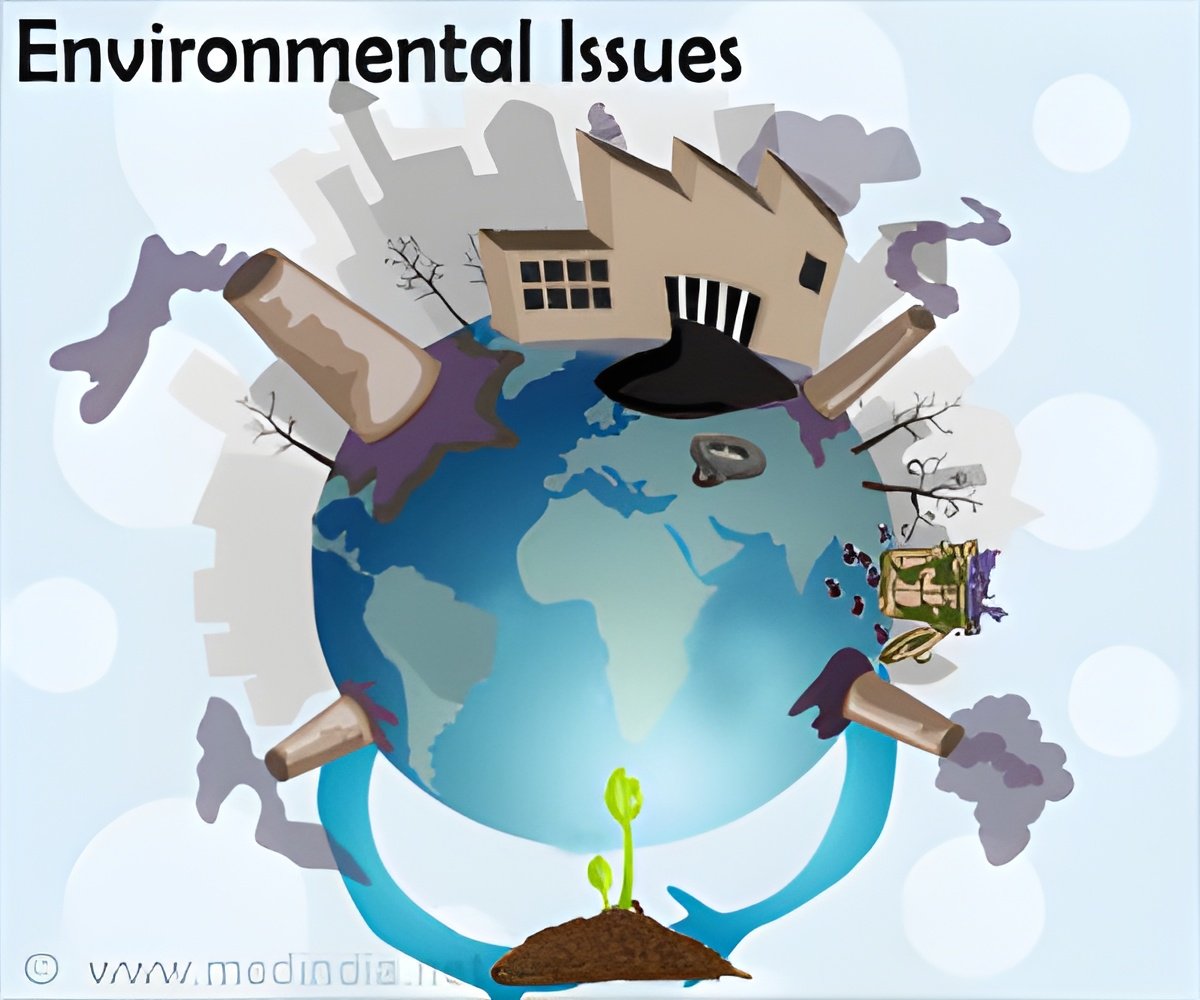Air pollution is pointed as a major contributor to death and disability caused by stroke, especially in developing nations.

‘About 15 million people worldwide suffer strokes every year, of which nearly six million die and five million are left disabled -- including loss of vision or speech, paralysis and confusion.’





An international research team analysed data from a swathe of other studies, reports and official statistics to create a mathematical model estimating stroke risk for 188 countries from 1990 to 2013. "A striking finding of our study is the unexpectedly high proportion of stroke burden attributable to environmental air pollution, especially in developing countries," said study co-author Valery Feigin of New Zealand's Auckland University of Technology.
The authors said theirs was the first study to quantify the world's stroke burden in terms of healthy years lost due to people becoming sick, disabled, or dying because of stroke.
Globally, though with huge differences between countries and regions, the top risk factors were high blood pressure, a diet low in fruit, being overweight, eating too much salt, smoking, and not eating enough vegetables, said the team.
Ambient pollution came in seventh place and household air pollution from solid fuels in eighth.
Advertisement
The researchers found that 90.5 percent of the stroke burden was attributable to "modifiable factors" -- mainly behaviours such as smoking, eating too much sugar and not exercising enough, as well as the associated health problems, such as diabetes and heart disease, these choices result in.
Advertisement
- Sugar up, smoking down -
The study also listed air pollution as a "modifiable factor", meaning that people or governments can do something to change it.
"These findings are important for education campaigns, evidence-based planning, priority setting and resource allocation in stroke prevention," the team wrote in The Lancet Neurology.
"Air pollution has emerged as a significant contributor to global stroke burden, especially in low-income and middle-income countries, and therefore reducing exposure to air pollution should be one of the main priorities to reduce stroke burden in these countries."
In low- and middle-income nations in Asia and Africa, almost a fifth of stroke burden was attributed to household air pollution, while a similar percentage was blamed on ambient air pollution in China and India.
Air pollution may boost stroke risk by raising blood pressure, hardening blood vessels or causing them to become blocked.
The risk factor whose contribution shrank most between 1990 and 2013 was second-hand tobacco smoke, said the team, especially in developed countries.
The fastest-growing stroke risk was consumption of sugar-sweetened soft drinks.
Source-AFP















